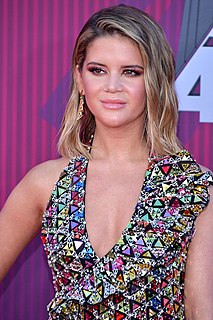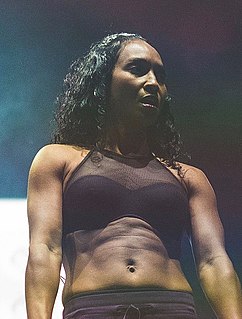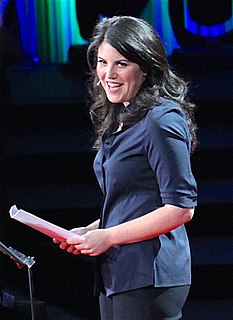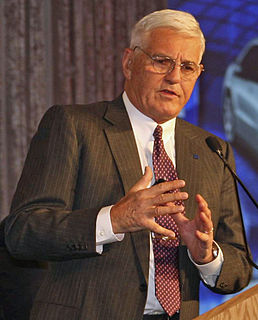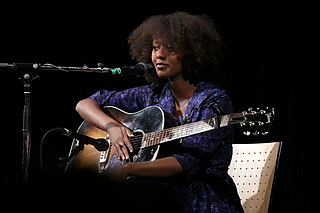A Quote by Maren Morris
If you think about 'The Pill' by Loretta, that was totally blacklisted back then. But she revolutionized and liberated a generation of women - country listeners and beyond - that were sort of in that box and were able to break out of it.
Related Quotes
During the era when women were burning their bras - which, by the way, they never actually did - but when women were first becoming liberated, I was 23. And I met a woman who asked, 'Don't you feel bad because you're sort of acting like the stupid airhead blonde?' And I totally surprised myself. I said, 'Liberation can also come from the inside.'
The war in Afghanistan was fought for feminist reasons, and the Marines were really on this feminist mission. But today, all the women in all these countries have been driven back into medieval situations. Women who were liberated, women who were doctors and lawyers and poets and writers and - you know, pushed back into this Shia set against Sunnis. The U.S. is supporting al-Qaeda militias all over this region and pretending that it's fighting Islam. So we are in a situation that is psychopathic.
Roseanne was a huge groundbreaking comedian. Margaret Cho. Ellen DeGeneres, and then on 'Saturday Night Live,' the era of Tina Fey and Amy Poehler sort of helped to bring in an awareness of a new generation of women comedians, often women who were feminist in their comedy, who were unafraid - and this came from the genre of show that was emerging.
When birth control pills were available in Europe but not in the United States, American women created an uproar about how the unwillingness to make the pill available showed a contempt for the lives of women. When the Food and Drug Administration (FDA) released birth control pills with high dosages of hormones that were later found to be unnecessarily high, they were attacked for not caring about women enough to do the necessary tests.
My generation those who were students in the late 60s was always, in the words of the Who, talking about our generation. That's what we thought of ourselves, as the most important thing since sliced bread. And the "we" that we meant was really the Western Europeans and American generation. And as I think back I suppose I have a sense of guilt on behalf of my generation, a sense that we were terribly provincial and didn't understand the really important stuff that was going on in Eastern Europe.
I think there's always an expectation when you're a first generation, especially a first-generation Nigerian, of sort of being a doctor or a lawyer or an engineer. And so, you know, sort of my initial pursuits into the arts and that I was going to pursue film as a career didn't confuse them, but it was definitely something that they were scared about.
We don't like to talk about that in America, but there are classes in America. And she [Julia Child] was of a class of women who were wealthy, privately educated, went to Smith, moved in that sort of circle. She was conscripted into the OSS, which is the early CIA, which was all filled with Yalies and Princeton and Harvard people and a few women who were typing mostly but also had something to do.
My parents were both first-generation Irish Catholics raised in Brooklyn. But it was more for me - it was that women of that generation were even less likely to express themselves, more likely to have that active interior life that they didn't dare speak out. So I was interesting in women of that era. I was interested in the language of that era. There's so much. And, certainly, this is cultural, so much there wasn't spoken about.
There's a lot of women in blues music, lots of strong women and that sort of stuff. It's not the first thing that comes to mind when you think about blues. There were a lot of powerful blues guitar players in the olden times that were women. It's just that when you think about blues, you have this one image in your mind.
I am in a space now where I can try anything; and with Pink Floyd we've always been in a space where we were able to try out anything. I think we were very young then and we were very keen to experiment and try things out. It seems to me that this sort of experimenting is like working yourself towards something and trying to find what you like and what you want.
